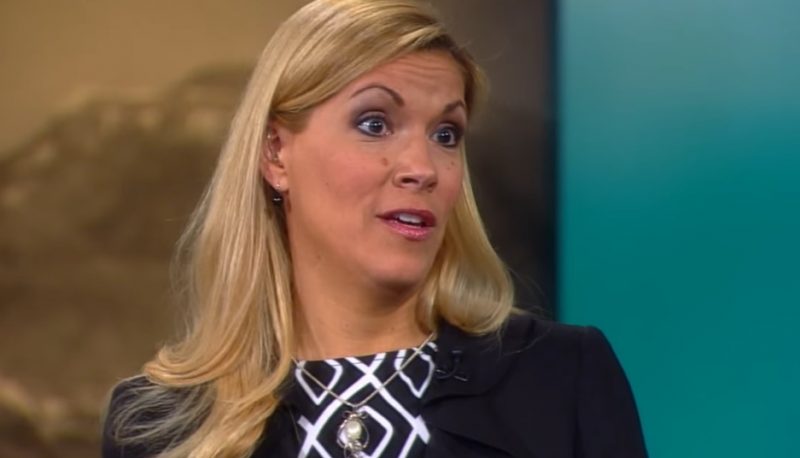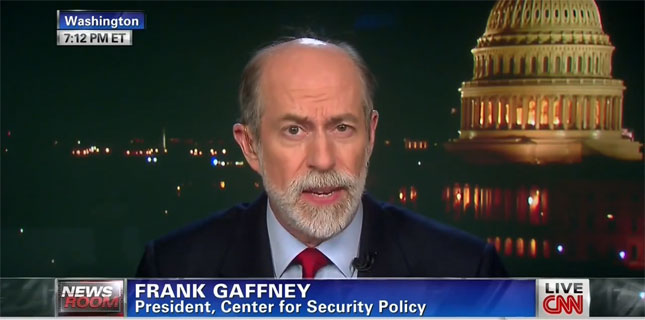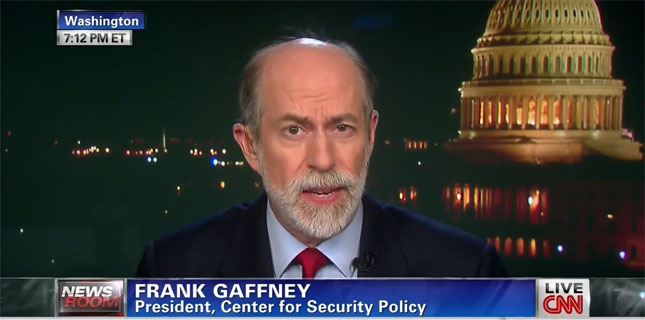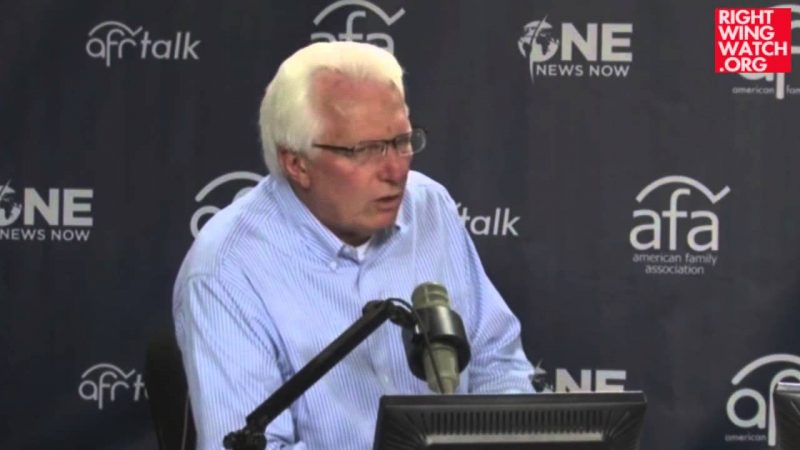Yesterday, the Department of Housing and Urban Development announced its appointment of Beth Van Duyne, the outgoing mayor of Irving, Texas, to be a “regional administrator overseeing Texas and its four surrounding states.”
In 2015 Van Duyne received national attention for falsely claiming that a Sharia law court had been established in the town where she served as mayor, a myth the Houston Chronicle called the “2015 Texas Hoax of the Year.”
In the incident, Van Duyne attacked a religious mediation panel led by Muslims—similar panels are led by Christian, Jewish and other religious groups— as a “Sharia Law Court” and warned that the tribunal designed to resolve certain disputes could impose non-American laws, despite the fact that the tribunal’s “proceedings must be conducted in accordance with the law of the land; local, state and federal within the United States.”
The Chronicle describes how the hoax story about the panel, which was established three years before Van Duyne pushed the Sharia court smear, gained traction:
Email chains started to circulate about Texas allowing the first Sharia court in America. Van Duyne and state Rep. Jeff Leach (R-Plano) pushed an ultimately failed bill that would’ve forbid judges from employing foreign laws in their own rulings. But the rhetoric has had consequences for the local mosque in Irving.
“It fuels anti-Islamic hysteria,” Zia Sheikh, imam at the Islamic Center of Irving told the Dallas Morning News in March. “[The mayor’s] whole point was to rile up her supporters. … The problem is we become the whipping boys.”
In the past few weeks, the Ku Klux Klan and an armed militia group have used the Sharia rumors as a reason to organize protests outside the Islamic Mosque of Irving.
An Islamic tribunal does operate in the Dallas area, and has done so for several years. But the imams that run the panel do not usurp state or federal law. What exists is a forum where Islamic scholars help settle business disputes and other non-criminal matters. The rulings are nonbinding and work within the guidelines of U.S. law.
…
Since 1925, when Congress enacted the Federal Arbitration Act, U.S. law has been very open to the idea of private dispute resolution, said Lee Ann Bambach, a Georgia-based attorney who has a Ph. D in religion from Emory University. Her dissertation was titled “Faith-Based Arbitration by Muslims in an American Context.”
“Those who would jump up and down about these so-called Sharia courts, which are really just alternative dispute resolution forums, will speak very highly of Christian reconciliation,” which is based on Biblical teachings, Bambach said.
…
An armed militia group protested outside the North Texas mosque in November, and then published the home addresses of Muslims in the community and “Muslim sympathizer[s].”
Irving is the same Texas city where a young Muslim student, Ahmed Mohamed, ended up in handcuffs after he brought a digital clock that he built to school to show his teachers.
At the time, Van Duyne praised the school and police for handling “what they saw as a potential threat” and criticized Mohamed for being “passive aggressive” with law enforcement.
Michael Flynn, President Trump’s former national security adviser and an anti-Muslim conspiracy theorist in his own right, praised Van Duyne for her stand against the nonexistent Sharia law court in a visit it to Texas: “Beth is incredibly brave. Vote for her for anything.”









